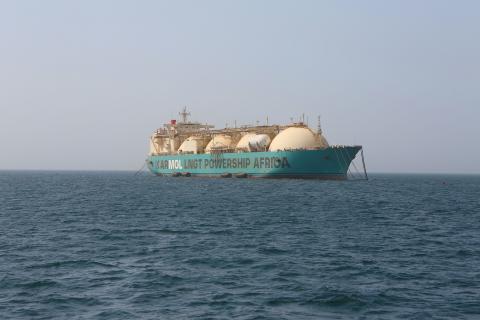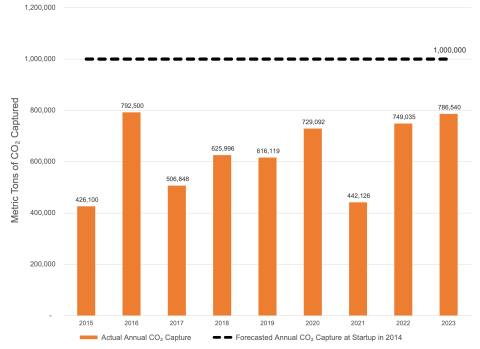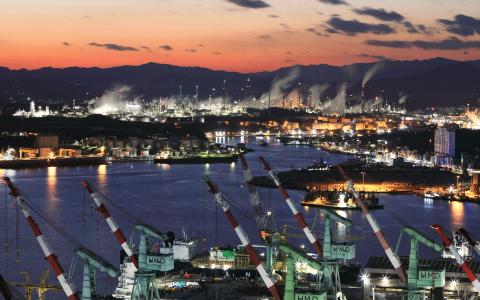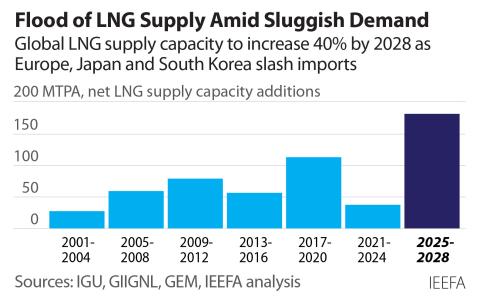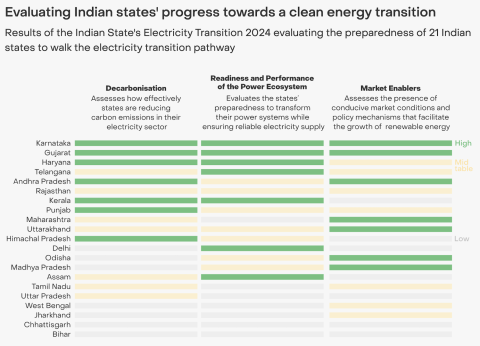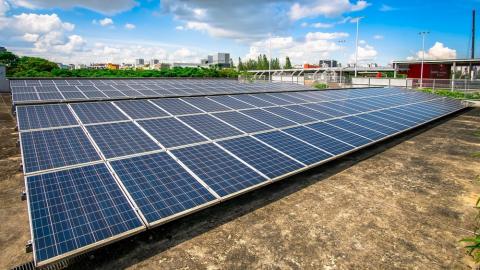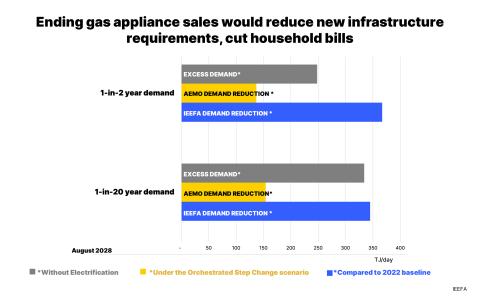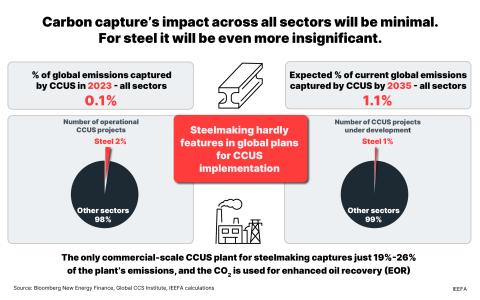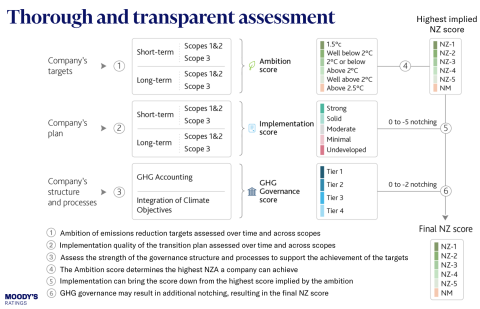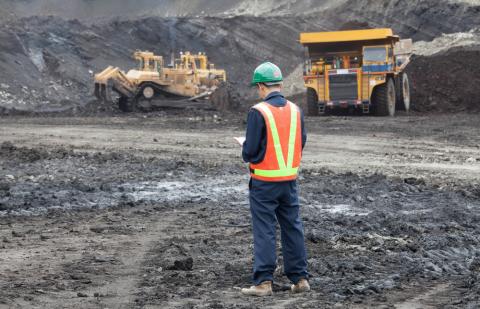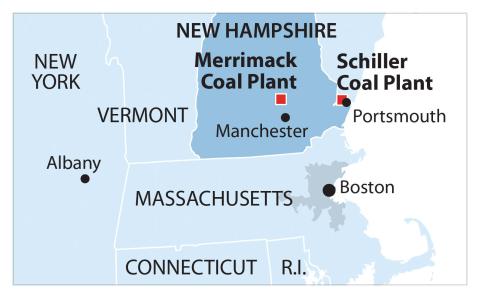NTPC as a Force in India's Electricity Transition: Leading the Way Toward a New Energy Economy
Download Full Report

Key Findings
NTPC is a key stakeholder in India’s ongoing energy transition.
Solar generation is now cheaper than NTPC’s tariff for existing coal-fired power plants.
NTPC’s strong balance sheet underpins renewable power off-take and is crucial for India’s ongoing development.
Executive Summary
Despite its deep historical connection to coal-fired electricity generation technology, NTPC is poised today to facilitate India’s drive toward ambitious national renewable energy targets. NTPC, already at the forefront of building India’s energy system, in fact now stands to be one of the country’s key new energy enablers.
NTPC is poised today to facilitate India’s drive toward ambitious national renewable energy targets
As a state-owned utility in a developing country, NTPC must of course make providing power to citizens and support for India’s rapidly developing economy its top priorities. Whilst this responsibility has arguably required expansion of coal-fired power generation in the past, times have changed—and indeed 2017 has already seen several watershed moments that have signaled a new era in India’s electricity sector.
With the latest new solar tariff results in 2017 below NTPC’s coal-fired power tariff for its existing fleet, it is clear that renewable energy offers a cheaper way to provide power. Importantly, solar is now cheaper than coal-fired power even before taking into account the externalities of coal (pollution, emissions and water use) that hold back the nation’s development.
What NTPC does is of huge significance. The company provides 25% of India’s electricity supply, and as such it plays a critical role in India’s economic activity.
Encouragingly, it appears that a growing proportion of NTPC’s investment plan is being redirected into building modern generation capacity that has a much lower emissions profile and significantly reduced externalities. Such transformation is key to sustaining India’s economic growth prospects.



